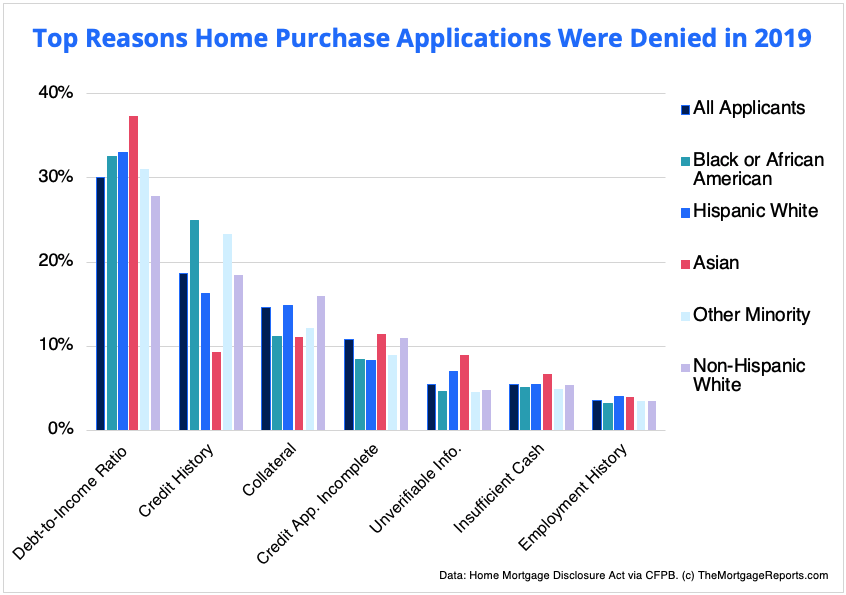Maintenance conflicts that emerge after the death of a borrower often expose that loans should not have been issued in the very first location. USA TODAY's analysis of reverse mortgage loaning patterns and foreclosures found clusters in African American city neighborhoods proof of predatory practices, according to industry watchdogs (what kind of mortgages do i need to buy rental properties?). The work was a collaboration with Grand Valley State University, with support from the McGraw Center for Organization Journalism.
Department of Real Estate and Urban Advancement has actually mandated stronger financial http://kameronvfqx652.yousher.com/the-ultimate-guide-to-how-many-mortgages-to-apply-for assessments of seniors before a loan is issued. Latoya Gatewood-Young was surprised to find out there were five individuals on the title to her grandfather's home, which has actually remained in her family for a century. Jasper Colt, USA TODAYWhen Gatewood-Young's grandfather passed away in 2016, the family was amazed to discover that his rural Maryland home on 10 acres had a reverse home mortgage lien versus it. In many cases, the heirs might pick to deed the residential or commercial property back to the check here lending institution, indicating the successors release the property to the lending institution and the lender ends up being the new owner. Although this ought to be booked for scenarios where there is no excess equity left, it is a viable means to prevent foreclosure and for the heirs to leave the residential or commercial property with no additional monetary obligations.
These are backed and insured by the FHA and overseen by the U.S. Department of Housing and Urban Advancement (HUD). Government-backed loans provide benefits developed to protect customers, surviving spouses, and their beneficiaries. Additionally, HECM reverse home loans are non-recourse loans, indicating a loan provider can not seek option against other assets for repayment.
In summary, if a co-borrowing partner or beneficiary inherits a home with a reverse mortgage, they will never ever owe more than the residential or commercial property deserves and they will never be pushed into offering their assets to cover the financial obligation. If they offer the house for more than the balance of the reverse home mortgage, they can keep the staying equity as proceeds.
When an enjoyed one passes away, life can feel chaotic. By having a look at the typical timeline of a reverse home loan after death, you and your household can get ready for how to settle your affairs and decrease confusion in the future. A loan servicer sends a condolence letter typically within one month of the death of the last surviving customer.
Successors will receive 6 months' time to choose how to continue. Throughout this time, interest on the loan balance continues to accrue and regular monthly insurance premiums must be paid, so it's within the beneficiary's best interest to act rapidly when handling a reverse mortgage after death. If necessary, the estate may request approximately 2 90-day extensions, subject to HUD's approval.
Some Ideas on What Do I Do To Check In On Reverse Mortgages You Need To Know
After this time, the loan might go into default and a servicer might begin the foreclosure treatments on a reverse home mortgage property. According to the National Reverse Home Loan Lenders Association (NRMLA), a servicer might start foreclosure on a reverse home mortgage after death if: The preliminary Due and Payable notification is overlooked The house has not offered after the 90-day extensions have expired The customer has no beneficiaries If heirs are actively working to organize financing or sell the home to satisfy a reverse mortgage after the owner dies, the foreclosure may be postponed.
Discussing how to prepare for life after death can be unpleasant for some families, but by ensuring you and your enjoyed ones are prepared for what comes next, you can enjoy life together to its fullestwith less tension in the future. If you're still unsure about how a reverse home loan works and would like explanation on this kind of funding, do not hesitate to contact a valuable member of our GoodLife group who will enjoy to address your concerns or click on the link listed below.
If you secure a House Equity Conversion Mortgage (HECM) the most typical kind of reverse mortgagethe loan becomes due and payable under specific circumstances, like when you die. Your beneficiaries will then have numerous options for dealing with that financial obligation. They can: pay off the reverse home loan and keep the home sell the home and use the earnings to pay off the reverse mortgage financial obligation give the home to the lender, or let the loan provider foreclose.

HECMs are nonrecourse, which indicates that the lender can't get a shortage judgment after a foreclosure or deed in lieu of foreclosure. In a regular home loan, the customer gets a swelling sum from the loan provider and makes month-to-month payments towards paying the money back, plus interest. With a reverse home loan, instead of getting an in advance quantity that the debtor needs to pay back gradually, the customer normally gets periodic payments, approximately the maximum loan quantity.
A reverse home loan can also come in a lump sum. The debtor needs to pay the loan back unless and till specified events take place, like when the borrower dies and the residential or commercial property is not the principal home of at least one enduring borrower. Before getting a reverse home loan, you need to totally understand how they work, and learn the dangers and requirements related to them.
After the debtor dies and the residential or commercial property is not the primary home of a minimum of one enduring debtor, the beneficiaries can handle the debt in among the following four methods. With a HECM, under HUD guidelines and guidelines, the beneficiaries may keep the house by paying the mortgage balance or 95% of the current appraised worth of the residential or commercial property, whichever is less.
Everything about Who Provides Most Mortgages In 42211
With a HECM, successors might sell the residential or commercial property for the lower of the loan balance or 95% of the evaluated value of the home. The beneficiaries can sign over the title to the house to the loan provider with a deed in lieu of foreclosure. Giving the residential or commercial property to the lending institution will satisfy the financial obligation and prevent a foreclosure. blank have criminal content when hacking regarding mortgages.
( To find out more, see Nolo's post Foreclosure of Reverse Home Mortgages.) HECMs are nonrecourse, what does floating week mean in timeshares which suggests that the loan provider can't get a deficiency judgment after a foreclosure or deed in lieu of foreclosure. Similarly, if the successors settle the loan or sell the residential or commercial property, they won't need to pay more than 95% of the evaluated value.
